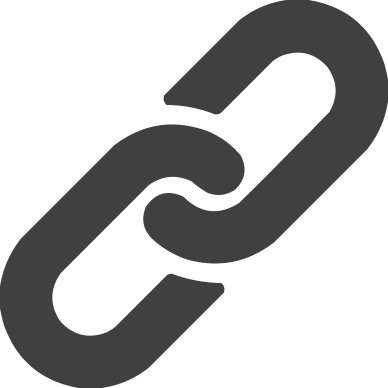

HubSpot vs Salesforce CRM: A Comprehensive Comparisons
In today's digital era, customer relationship management (CRM) software has become essential for businesses to streamline their sales, marketing, and customer service processes. Two prominent players in the CRM market, HubSpot and Salesforce, offer robust solutions that cater to the needs of diverse businesses. In this blog post, we will delve into a comprehensive comparison of HubSpot and Salesforce CRM, highlighting their key features, strengths, and differences to help you make an informed decision for your organization.
User Interface and Ease of Use
HubSpot
Clean and intuitive interface with a focus on simplicity.
Designed with inbound marketing in mind, providing a seamless experience for marketers.
Offers easy-to-use drag-and-drop functionality for creating landing pages, email campaigns, and workflows.
Salesforce
Offers a feature-rich and highly customizable user interface.
Supports extensive customization options to align with your specific business processes.
May require some learning curve for users due to its comprehensive feature set.
Sales and Marketing Features
HubSpot
Strong emphasis on inbound marketing with robust lead generation and nurturing tools.
Integrated suite of marketing automation tools for email marketing, social media management, and content creation.
Provides detailed analytics and reporting features for tracking marketing campaigns.
Salesforce
Comprehensive sales and marketing functionalities, including lead management, lead assignment, lead scoring, opportunity tracking, sales forecasting, collaborative forecasting, sales engagement automation, workflow automation, and contact management.
Offers advanced reporting and analytics capabilities with customizable dashboards and real-time insights.
Integration with external systems and third-party applications for enhanced sales and marketing workflows.
Scalability and Customization
HubSpot
Well-suited for small to mid-sized businesses looking for an all-in-one marketing and sales solution.
Limited customization options compared to Salesforce.
May not offer the same level of scalability for large enterprises with complex sales processes.
Salesforce
Highly scalable CRM solution that caters to businesses of all sizes.
Provides extensive customization options, allowing businesses to tailor the CRM to their specific needs.
Supports integration with a wide range of apps and systems, enabling seamless workflow automation.
Pricing
HubSpot
HubSpot offers a free plan and three premium plans.
Pricing scales as the number of users on the account grows .
Plans include Free, Starter CRM Suite, Sales Hub Professional, and Enterprise.
HubSpot requires annual commitments, but monthly payments are accepted with a 10% premium.
Salesforce
Salesforce offers four CRM plans with additional add-on services.
Plans are billed annually.
Plans include Essentials, Professional, Enterprise, and Unlimited.
Customer Service and Support
HubSpot
Offers a built-in help desk and ticketing system for managing customer inquiries.
Provides live chat and chatbot capabilities for real-time customer support.
Knowledge base and self-service options available to assist customers.
Salesforce
Robust customer service and support features with case management, knowledge base, and customer portals.
Offers omnichannel support, including email, phone, chat, and social media.
Advanced service analytics and reporting for monitoring and improving customer satisfaction.
Conclusion
Choosing the right CRM software is a critical decision for your business. While HubSpot and Salesforce CRM both offer powerful features and capabilities, their focus and strengths differ. HubSpot excels in inbound marketing and simplicity, making it ideal for small to mid-sized businesses. On the other hand, Salesforce offers unmatched scalability, customization options, and comprehensive functionalities, making it a preferred choice for larger enterprises with complex sales processes.




